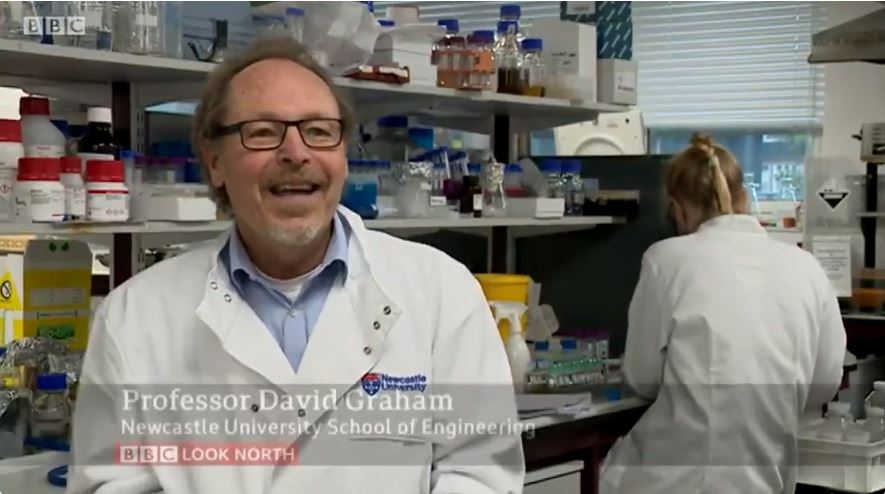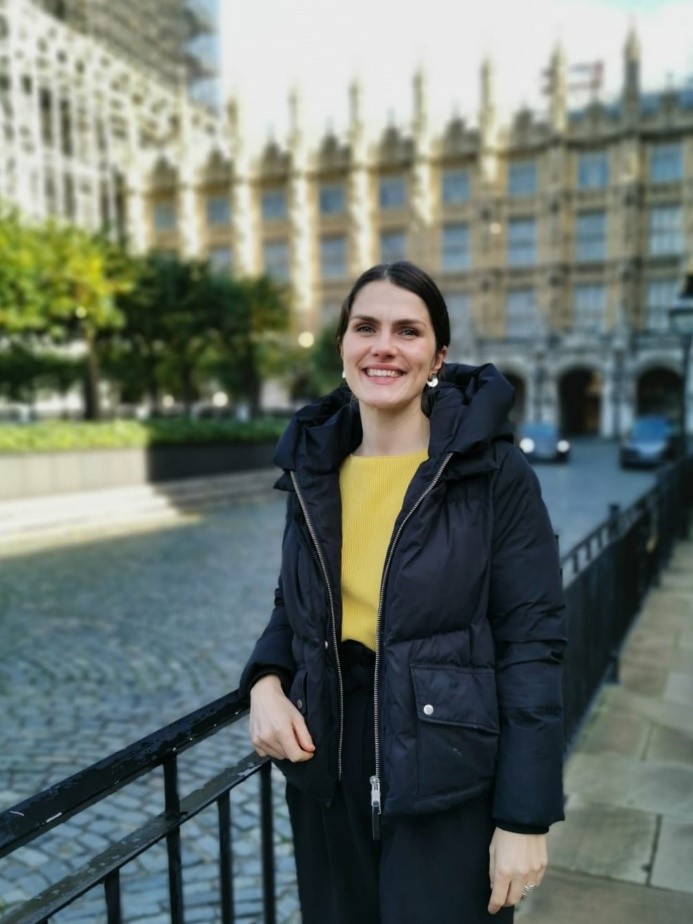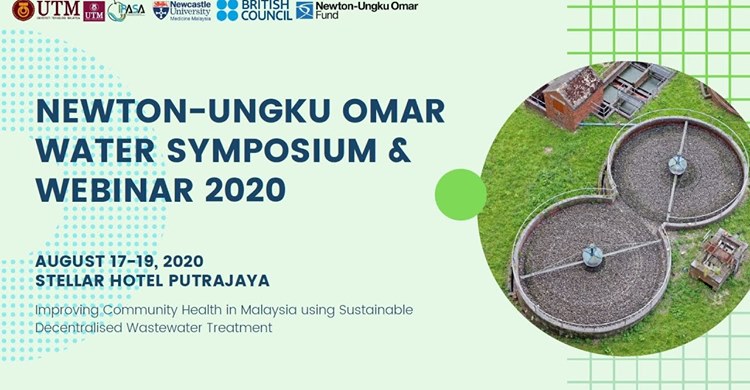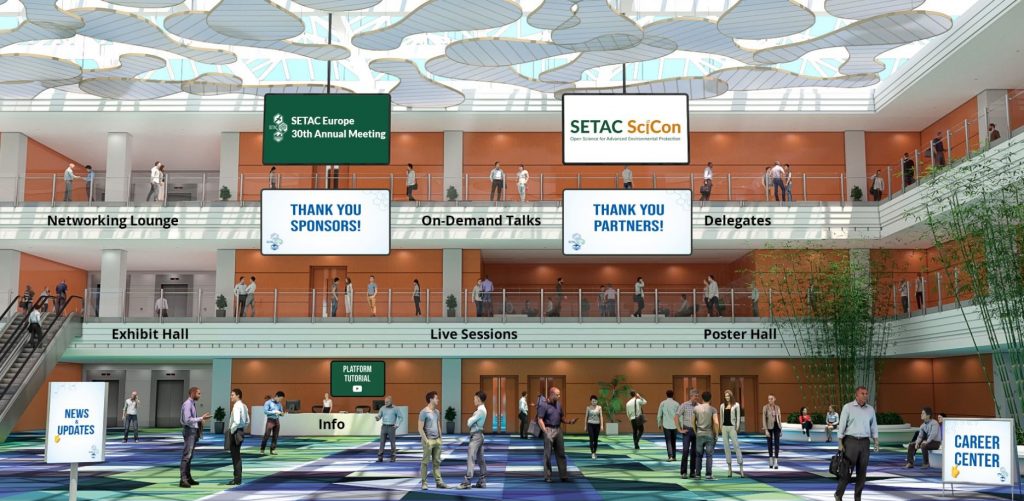The GrahAM Research Group focus primarily on work surrounding antimicrobial resistance (AMR), taking a collaborative and multidisciplinary approach to global health and well-being. The team of researchers, led by Newcastle University Prof David W Graham, utilises a holistic ‘One Health Approach’, and contributes to several of the UN’s Sustainable Development Goals (SDGs).
Our research provides guidance to various international organisations, including the World Health Organisation, and bridges sustainable development, engineering, health, and sociotechnical mitigation options for reducing global AMR.
The main topics we explore are
- the transmission, fate and impact of antibiotic resistance genes in the environment resulting from human activity;
- energy minimization in water, wastewater and solid waste management systems;
- the microbiology and ecology of greenhouse gas suppression and production in geochemical settings, especially in Polar regions; and
- water and environmental quality in the developing and emerging world.




